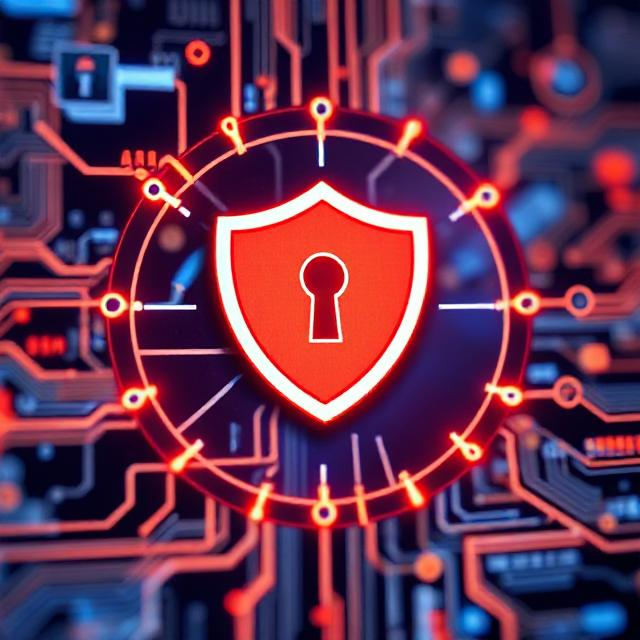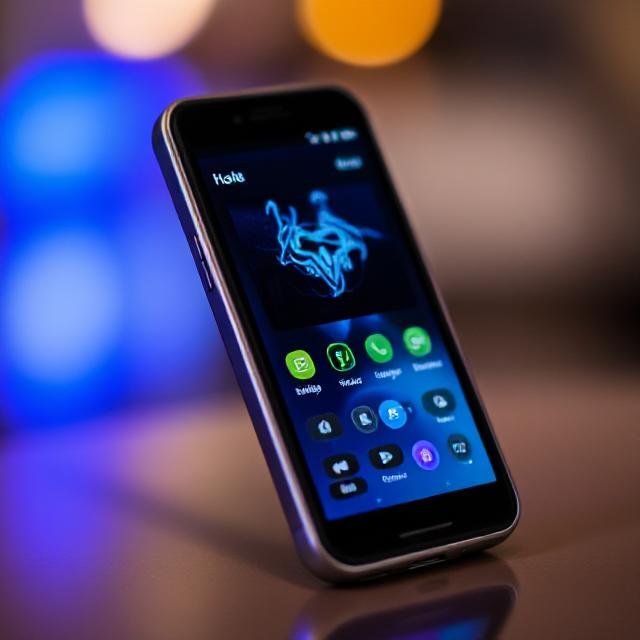Securing Your Business VoIP System Why It Matters and How to Do It

Securing Your Business VoIP System Why It Matters and How to Do It
When it comes to efficient and flexible communication systems, few can rival Voice over Internet Protocol (VoIP). This technology allows businesses to make voice calls using an internet connection, offering numerous advantages such as cost savings, scalability, advanced features, and superior call quality.
However, while VoIP is a powerful tool for modern businesses, it’s not without its risks. Cyberattacks targeting VoIP systems are on the rise, posing significant threats to communication security and business operations.
The good news? With the right strategies, you can protect your VoIP system from hackers and ensure uninterrupted, secure communication. If you’ve already implemented VoIP in your business, it’s never too late to enhance its security.
In this article, we’ll explore the most common threats to VoIP networks and provide actionable tips to safeguard your system from cyberattacks.
The Need for VoIP Protection
VoIP systems rely on a stable internet connection to function, but this dependence also makes them vulnerable to various cyber threats. Below are some of the most common security issues businesses face with VoIP systems:
Common VoIP Security Threats
-
Denial of Service (DoS):
DoS attacks aim to overwhelm your network, making it inaccessible. This can disrupt communication, reduce call quality, and increase latency. - War Dialing:
Hackers scan your private branch exchange (PBX) system to find connected phone networks, modems, or extensions, potentially gaining unauthorized access. - Toll Fraud:
Attackers exploit your system to make unauthorized calls, often to expensive international numbers, leaving your business with hefty bills. - Phishing:
Fraudulent messages trick employees into revealing sensitive information, such as passwords or internal network details. - Malware:
Malicious software can infect your system through emails or other vulnerabilities, allowing attackers to steal data or compromise your network. - Call Interception:
Hackers exploit unsecured networks to intercept Session Initiation Protocol (SIP) traffic, redirecting calls or eavesdropping on conversations.
6 Tips for Boosting VoIP Security
To protect your VoIP system from these threats, implement the following strategies:
Tip #1: Set Up a Firewall
A robust firewall is essential for monitoring and securing incoming and outgoing data. It identifies and blocks potential threats while ensuring legitimate data packets travel unhindered.
Tip #2: Use Strong Passwords
Secure your VoIP system with strong, complex passwords that include a mix of numbers, letters, and special characters. Change default passwords immediately and update them regularly (e.g., every three months).
Tip #3: Restrict Calling Features
Limit unnecessary calling features, such as international dialing or 1-900 numbers, to reduce the risk of toll fraud. Configure your VoIP service to block these options if they’re not required.
Tip #4: Train Your Team
Educate employees on recognizing suspicious activity, handling passwords securely, and reporting potential threats like ghost calls or missing voicemails. Regular training sessions can reinforce good security practices.
Tip #5: Deactivate Unnecessary Web Interfaces
If your VoIP system includes a web interface, deactivate it unless absolutely necessary. Using desktop phones instead of computers minimizes vulnerabilities and reduces the risk of data theft.
Tip #6: Use a VPN for Remote Workers
Implement a Virtual Private Network (VPN) for remote employees to encrypt their internet traffic. This helps prevent data breaches without compromising call quality.
(Re)Gaining Control Over Your VoIP Security
VoIP systems offer significant advantages over traditional landlines, including cost savings, flexibility, and advanced features. However, their reliance on the internet makes them a target for cyberattacks. Whether you’re setting up a new VoIP system or already using one, prioritizing security is critical to protecting your business from toll fraud, malware, phishing, and other threats.
By implementing the tips outlined above, you can significantly reduce risks and ensure your VoIP system remains secure. If you need expert guidance or assistance in securing your VoIP infrastructure, reach out to us for a quick 10-15 minute consultation. Together, we’ll help you safeguard your communication systems and keep your business running smoothly.





